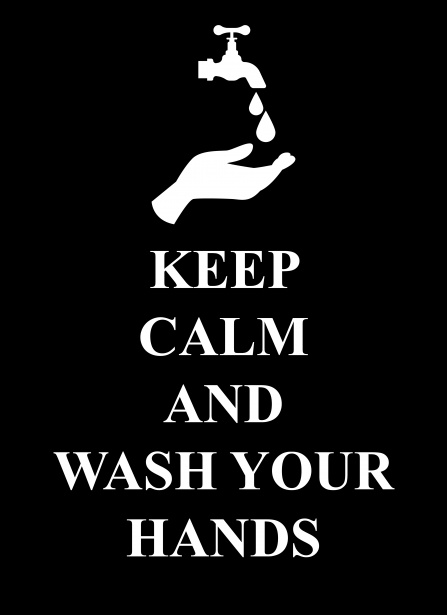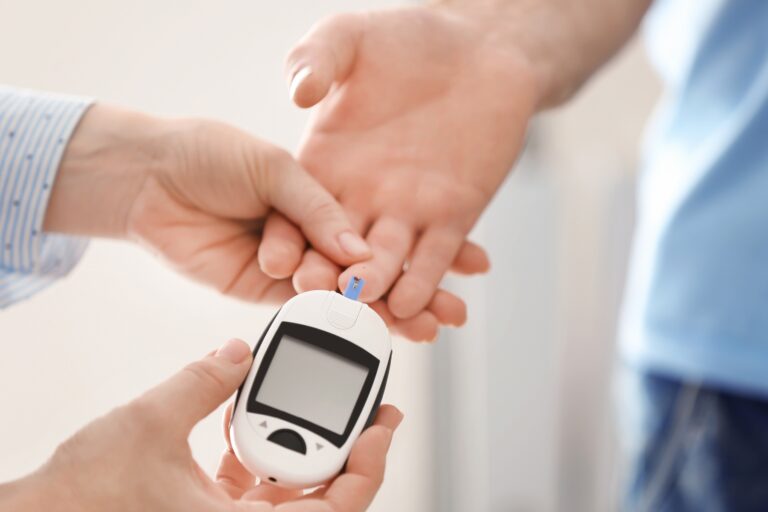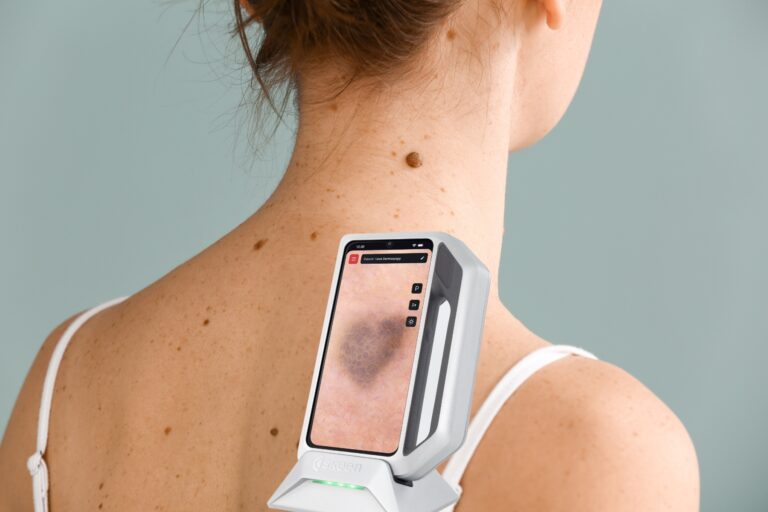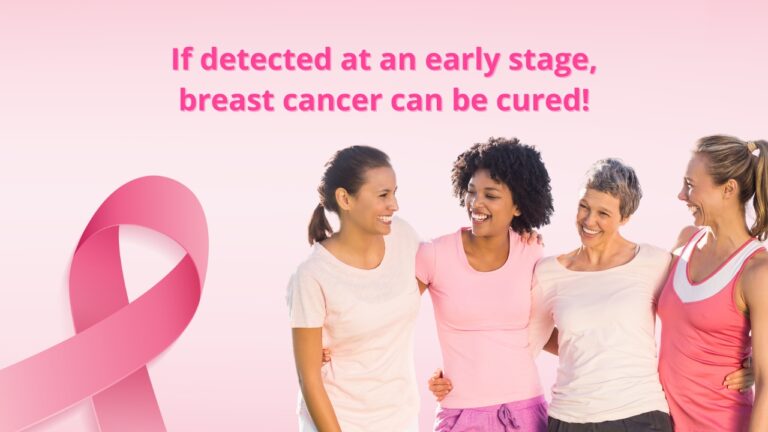Novel coronavirus (COVID-19): advice sheet for self-monitoring at home
Source: Public Health England, adapted by the National Public Health Center, Hungary
Version: 2020-03-12
- Stay at home
You should remain in your home for 14 days, except for getting medical care (see sections 4 and 8 before getting medical care). Do not go to work, kindergarten, school, or public areas, and do not use public transport or taxis until you have been told that is safe to do so.If you live alone, you will need to ask for help from friends or relatives if you require groceries, other shopping or medications. Alternatively, you can order by phone or online. The delivery instruction needs to state that the items are to be left outside, or in the porch, or as appropriate for your home.
- If you live with others, separate yourself from other people in your home (if possible)
You should stay in a well-ventilated room with a window to outside that can be opened, separate from other people in your home. Keep the door closed.Use a separate bathroom from the rest of the household, if available. If you have to share these facilities, regular cleaning will be required.If a separate bathroom is not available, consideration should be given to drawing up a bathroom rota for washing or bathing, with the isolated person using the facilities last, before thoroughly cleaning the bathroom themselves (if able or appropriate). Ensure the isolated person uses separate towels from other household members, both for drying themselves after bathing or showering and for hand hygiene purposes. If you live in shared accommodation (university halls of residence or similar) with a communal kitchen, bathroom(s) and living area, you should stay in your room with the door closed, only coming out when necessary, wearing a facemask.If you share a kitchen with others (either at home or at university halls of residence or similar), if possible avoid using it whilst others are present. If this is not possible then wear a facemask. Take your meals back to your room to eat. - Avoid sharing household items
You should not share dishes, drinking glasses, cups, eating utensils, towels, bedding or other items with other people in your household, use separate household items. After using these items, use a dishwasher (if available) to clean and dry your used plates, glasses, cups, mugs, cutlery and crockery. If this is not possible, wash them by hand using detergent and warm water and dry them thoroughly, using a separate tea towel. Keep your tea towel in your room. - Call ahead before visiting your doctor
All medical appointments should be discussed in advance with your family doctor or medical contact e.g. designated by your university or employer, using the number that has been provided to you. This is so the GPs office or hospital can take steps to minimise contact with others. - Wear a facemask if advised by your doctor or the public health authority
If you have been recommended to use facemasks, then you should wear the mask when you are in the same room with other people and when you visit a healthcare provider. If you cannot wear a facemask, cover your nose and mouth with a piece of cloth, e.g. a scarf. - Cover your coughs and sneezes
Cover your mouth and nose with a disposable tissue when you cough or sneeze. Dispose of tissues into a plastic waste bag (see section 10 below for managing rubbish), and immediately wash your hands with soap and water for at least 20 seconds rinse and dry thoroughly. If you do have no access to soap and water, use a hand sanitizer (alcohol-based hand rub). Alternatively, sneeze or cough into your elbow. - Wash your hands
 Wash your hands often and thoroughly with soap and water, for at least 20 seconds, rinse and dry thoroughly. Avoid touching your eyes, nose, and mouth with unwashed hands.
Wash your hands often and thoroughly with soap and water, for at least 20 seconds, rinse and dry thoroughly. Avoid touching your eyes, nose, and mouth with unwashed hands. - Monitor your symptoms
Seek prompt medical attention if you experience symptoms such as fever, cough or difficulty in breathing. If it’s not an emergency, you should call your family doctor or medical contact e.g. designated by your university or employer using the number that has been provided to you. If it is an emergency and you need to call an ambulance on 112, inform the call handler or operator about your symptoms and that you are being home isolated as a preventive measure for COVID-19. - Do not have visitors in your home
Only those who live in your home should be allowed to stay. Do not invite or allow visitors to enter. If you think there is an essential need for someone to communicate with, do this over the phone or electronically (e.g. via email or video chats). If it is urgent to meet someone who is not a member of your household, discuss it with your family doctor or designated medical contact first. - Waste
All waste that has been in contact with you, including used tissues, and masks if used, should be put in a plastic rubbish bag and tied when full. The plastic bag should then be placed in a second bin bag and tied. You can dispose of this bag or put it out for collection. - Laundry
If you have a washing machine in your household, your laundry, bedding and towels should be washed separate from others’ laundry at a temperature of at least 60 °C. If you do not have a washing machine, place your laundry in a plastic bag during your home isolation.Should you develop symptoms during your home isolation and test positive for novel coronavirus, you will be instructed what to do with the laundry.
If these recommendations cannot be implemented, then home isolation should be avoided and an alternative way should be found for isolation.




